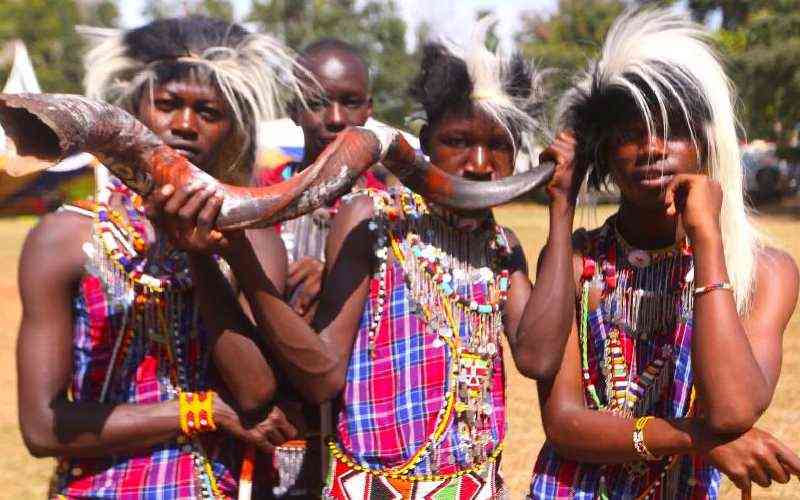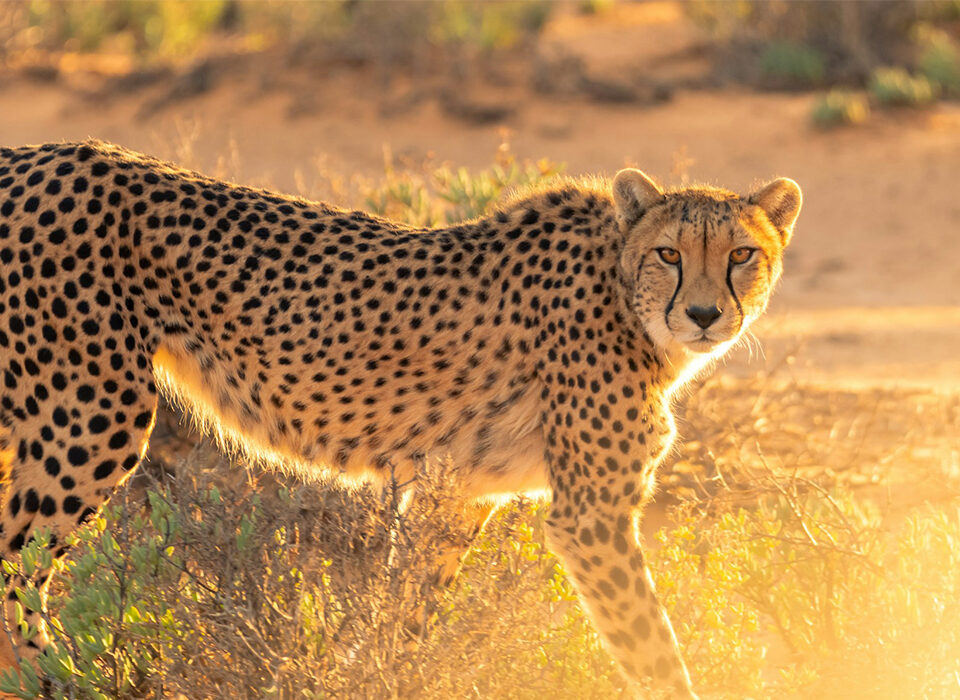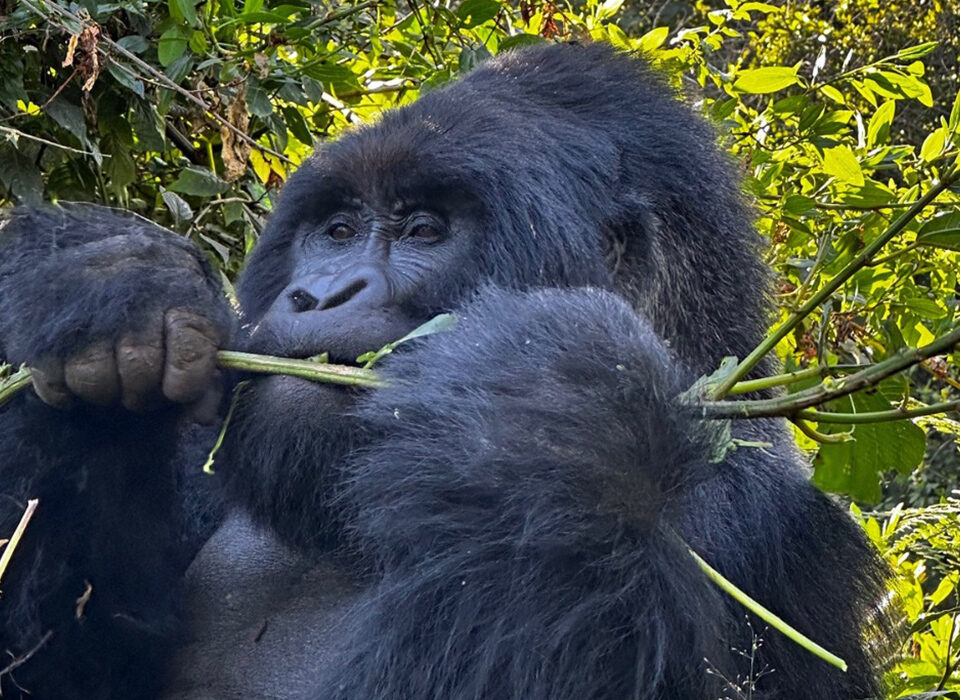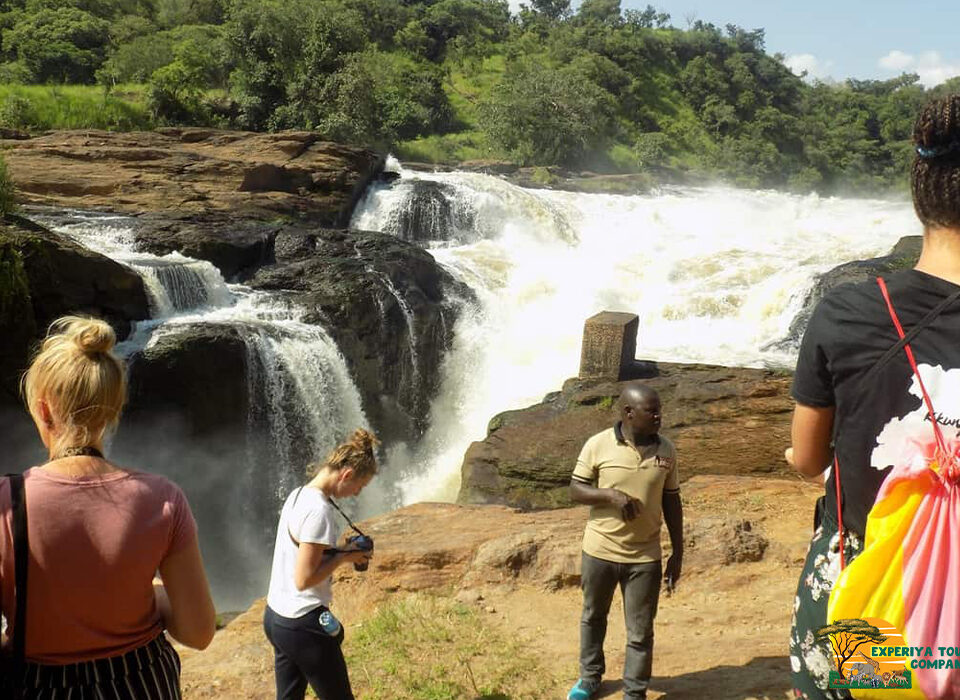
How do Kenyans celebrate Christmas?
November 19, 2025
What is a typical Kenyan breakfast?
November 19, 2025What Music Is Popular in Kenya?
Kenya is a country where music flows naturally through daily life. Across its cities, villages, coastal towns, and highland communities, melodies shape identity, celebrate heritage, and connect generations. The diversity of Kenya’s forty-plus ethnic groups, along with global influences, has created a dynamic music scene that blends tradition and modernity in ways that captivate both locals and visitors.
When travelers ask, What music is popular in Kenya? the answer uncovers a vast rhythmic world: from traditional beats that echo ancient customs to contemporary genres that fill clubs, radio stations, and digital platforms. Kenyan music is not one sound but a living mosaic of cultures, languages, instruments, and creative innovations. Whether you explore Nairobi’s nightlife, attend coastal festivals, or listen to village performances under starlit skies, Kenyan music invites you into the heart of its storytelling and community spirit.
Benga
Benga music is widely considered Kenya’s most distinctive and historically significant modern genre. Originating in the 1940s and 1950s among the Luo community around Lake Victoria, Benga quickly spread across the country. Its fast-paced guitar riffs, lively percussion, and storytelling lyrics made it a favorite across generations.
Benga’s signature sound comes from its bright, rhythmic lead guitar patterns that imitate traditional Luo string instruments. Artists such as D.O. Misiani, George Ramogi, and later Sukuma Bin Ongaro played pivotal roles in popularizing the genre.
Even today, Benga remains a beloved style, especially during celebrations, weddings, and cultural events. It carries a nostalgic charm while continuing to shape Kenya’s modern music identity.
Genge
Genge emerged in the early 2000s as a uniquely Kenyan urban genre blending hip-hop, reggae, dancehall, and Swahili street slang (sheng). Championed by artists such as Jua Cali and Nonini under the Calif Records label, Genge brought the sound of Nairobi’s youth culture to the mainstream.
Genge’s lyrical themes revolve around everyday life, humor, relationships, and social commentary. Its catchy beats and relatable storytelling made it one of Kenya’s most influential modern genres. Even as new styles have emerged, Genge continues to influence contemporary music and retains a loyal fan base.
Gengetone
A modern evolution of Genge, Gengetone became wildly popular in the late 2010s among younger audiences. Driven by artists like Ethic, Sailors, Boondocks Gang, and Krg the Don, Gengetone features fast-paced beats, party vibes, youthful slang, and energetic dance styles.
While controversial at times due to its bold lyrics, Gengetone has undeniably reshaped Kenya’s music landscape. It dominates club playlists, street parties, and social media platforms, representing the bold creative spirit of Kenya’s youth.
Gengetone also sparked new dance trends and gave rise to vibrant content creation culture across TikTok and YouTube.
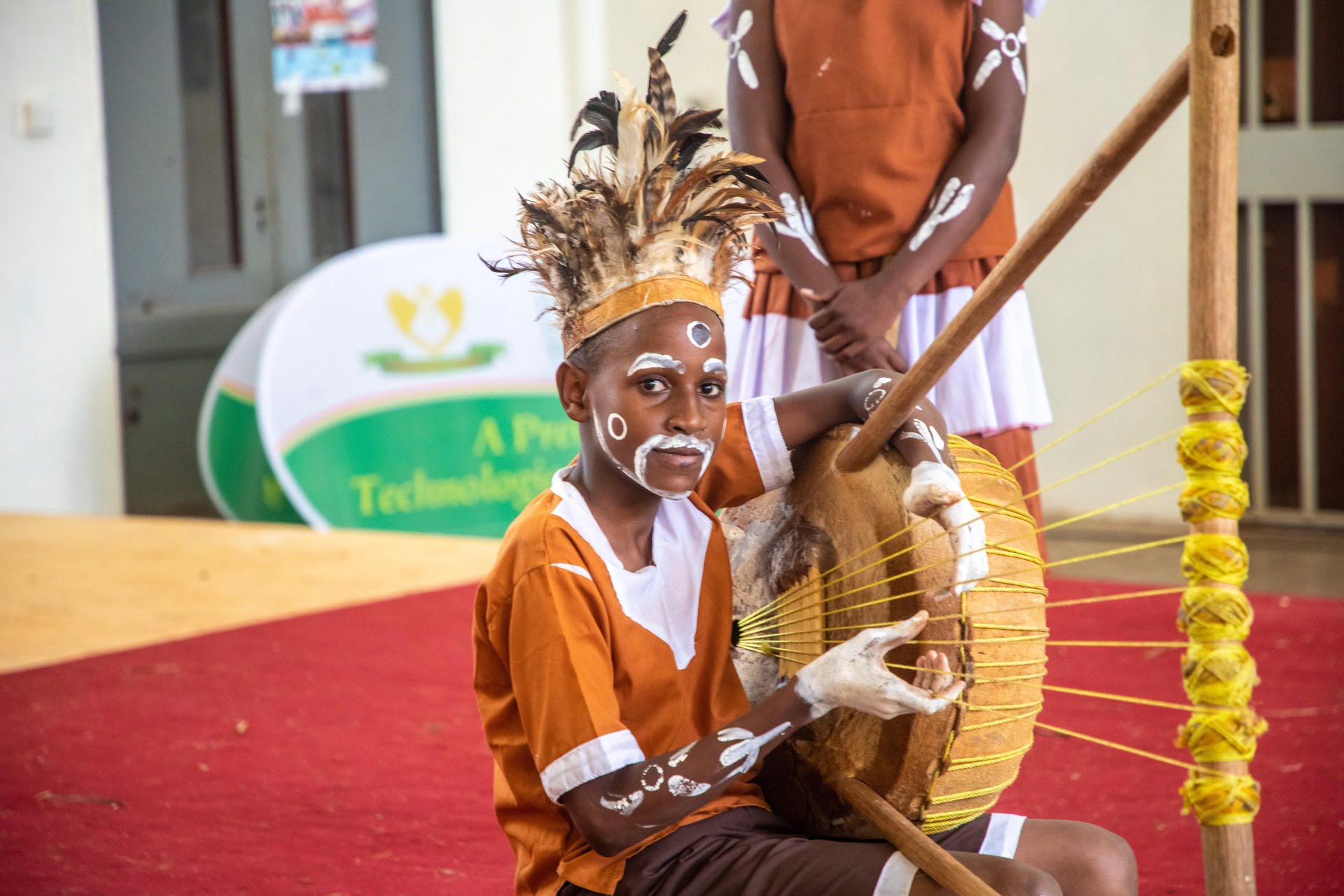 Afropop and Contemporary African Fusion
Afropop and Contemporary African Fusion
Kenyan artists have embraced Afropop—Africa’s contemporary mainstream genre—with great success. Blending pop melodies, dance beats, and African rhythms, Kenyan Afropop appeals to both local and international audiences.
Artists such as Sauti Sol, Nyashinski, Fena Gitu, Nikita Kering, and Nviiri the Storyteller have produced hit songs that resonate across the continent. Their music combines polished production, heartfelt lyrics, and modern soundscapes that elevate Kenya’s global music presence.
Sauti Sol, in particular, has brought international attention to Kenyan music with their rich harmonies, innovative collaborations, and electrifying performances. Afropop continues to grow as one of the most popular genres in Kenya, especially among urban listeners.
Taarab
On Kenya’s coast, especially in Mombasa, Lamu, and Malindi, Taarab music is an integral part of Swahili culture. Influenced by Arabic, Indian, and African traditions, Taarab features poetic lyrics, violins, flutes, heavy percussion, and melodic vocals.
The songs often explore themes of love, diplomacy, and social values, delivered in poetic Swahili. Legends such as Bi Kidude and Culture Musical Club have shaped the region’s Taarab sound, creating an emotional and deeply cultural listening experience.
Taarab remains popular during coastal weddings, community celebrations, and cultural festivals, offering travelers a musical journey rich in heritage.
Traditional Music Across Kenyan Communities
Kenya’s ethnic diversity ensures that traditional music remains a vibrant part of daily life. Each community has unique musical instruments, dance styles, rhythms, and ceremonial songs.
The Luo are known for the nyatiti lyre, orutu fiddle, and storytelling musical traditions.
The Kikuyu perform traditional dances accompanied by drums, flutes, and rhythmic chants during ceremonies and celebrations.
The Luhya communities are famous for the isukuti drums, whose energetic beats bring life to weddings and cultural festivals.
The Maasai use chants, vocal harmonies, and rhythmic jumping dances (adumu) to express identity and unity.
The Kamba produce intricate drum rhythms and high-energy dances known for their athletic style.
Traditional music in Kenya remains popular and relevant, especially during cultural events, national holidays, community ceremonies, and rural celebrations. It is also increasingly incorporated into modern music, preserving heritage while keeping it current.
Gospel Music
Gospel music is one of the most widely listened-to genres in Kenya. Rooted in the country’s strong Christian traditions, gospel songs dominate radio stations, church events, and family gatherings.
Kenyan gospel spans mainstream pop-gospel, traditional hymn-style songs, Swahili praise music, and urban gospel influenced by hip-hop and Afropop.
Popular gospel artists include Mercy Masika, Gloria Muliro, Eunice Njeri, Guardian Angel, and Size 8. Gospel concerts often attract huge crowds, and gospel choirs hold significant cultural influence across the nation.
Reggae and Dancehall
Reggae enjoys massive popularity in Kenya, with Nairobi, Nakuru, Mombasa, and Kisumu serving as hubs for reggae enthusiasts.
Reggae’s messages of unity, love, justice, and social awareness resonate deeply with Kenyan audiences. Local DJs such as DJ Kriss Darlin and DJ Moh Spice have built careers around reggae culture, while dancehall influences everyday street music.
Reggae nights, sound system events, and themed concerts keep this genre alive and thriving among all age groups.
Afro-fusion and Experimental Music
In recent years, Kenyan musicians have increasingly experimented with Afro-fusion—blending traditional instruments with jazz, soul, electronic music, and hip-hop.
Artists such as Blinky Bill, Makadem, Muthoni Drummer Queen, and Ayrosh are pioneers of Kenya’s experimental music movement, which has drawn international attention.
These artists represent the innovative side of Kenya’s music scene, attracting listeners who appreciate modern creativity intertwined with cultural depth.
The Role of Music Festivals in Kenya
Kenya hosts numerous music festivals that showcase local and international talent.
The Koroga Festival blends African music, art, and food in lively outdoor settings.
Blankets & Wine offers a laid-back fusion of Afro-fusion, acoustic performances, and premium entertainment.
The Nyege Nyege Festival, though held in Uganda, attracts thousands of Kenyan music lovers.
These festivals reveal the country’s appetite for diverse genres and its vibrant creative energy.
Music in Everyday Kenyan Life
Music is woven into Kenya’s social fabric. It plays in matatus (public minibuses) decorated with powerful speakers, fills cafes and bars, energizes markets, and brings communities together during celebrations.
From rural ceremonies with traditional chants to Nairobi nightclubs thumping with Afrobeats and Gengetone, music accompanies every moment of Kenyan life.
For travelers, experiencing Kenya’s music scene is a cultural highlight—whether through live performances, street music, concerts, or festival events.
What Music Is Popular in Kenya?
Kenya’s music scene is an exciting mix of traditional rhythms, modern genres, global influences, and local creativity. Benga, Genge, Gengetone, Taarab, Afropop, gospel, reggae, and Afro-fusion all contribute to the country’s rich musical identity.
Whether you’re walking through Nairobi’s busy streets, attending a coastal wedding, or listening to village performances under the night sky, Kenyan music offers a soundtrack that is vibrant, diverse, and deeply connected to the nation’s culture.
To experience Kenya’s music culture—and the country’s broader traditions, festivals, and destinations—with expert insight and smooth travel planning, consider booking your journey with Experiya Tour Company. Their knowledgeable team ensures your Kenyan adventure is enriched with authentic cultural encounters and unforgettable musical experiences.

